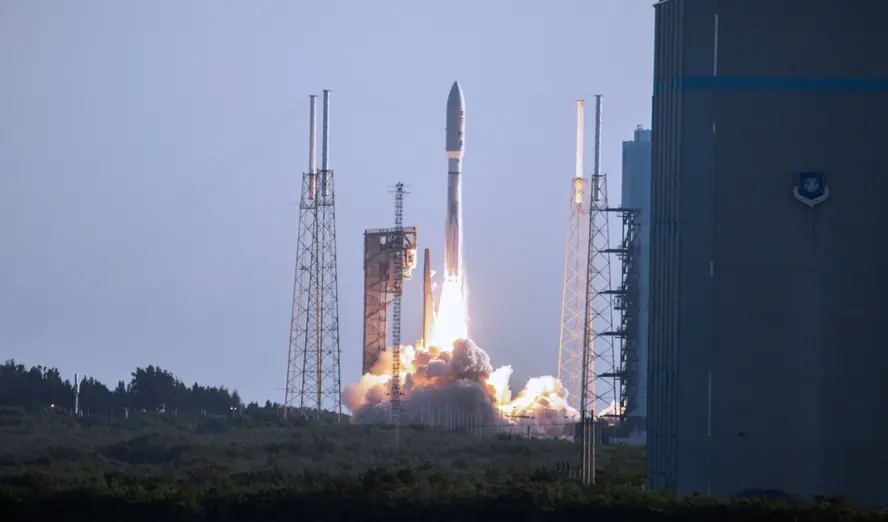In order to make more progress on global norms for responsible behaviour in space, the United States defence and intelligence communities might first consider reaching a consensus on what those norms should be. Operators and collectors have different missions and priorities, leading to a lack of agreement on standards. Unless they can reconcile these differences and determine which space norms they collectively support and which measures they wish to avoid, the United States will be unlikely to take a leadership role in garnering international support for the so-called norms. Space norms are informal rules that can include best practices for international agreements or legally binding measures.
The amount of space junk in low Earth orbit (LEO) has increased by about 10 per cent in the last half century since China’s anti-satellite test in 2007, and the international community has been calling for more responsible behaviour in space. After more than a decade of discussion, the broad Outer Space Treaty and a number of related agreements and conventions from the Cold War era remain the only binding treaties.

U.S. officials have recently increased public discussion of the need for norms. For example, the U.S. Department of Defense’s 2020 National Defense Space Strategy (PDF) seeks to “ensure stability in space” by, in part, promoting standards and norms of conduct in space that serve the interests of the United States, its allies, and its partners. The current U.S. Space Force Planning Guidance (PDF) also promotes the development of behavioural norms to enhance national security and reduce the chances of competitors or potential adversaries misinterpreting intentions. It later notes that “there is currently a lack of equivalent norms in space that would allow participants to operate from any location in the domain and at any distance from other spacecraft.”
While these ideas have been incorporated into recent strategy and guidance, they are not particularly novel to U.S. space policy, further highlighting the need for new space norms related to specific behaviours.
The complexity of global politics and the growing number of civil and commercial entities interested in space certainly make establishing norms a challenge. But these issues are only part of the problem. In the United States, National Security Space (NSS) clearly supersedes civil and commercial space interests, but the NSS community has not collectively agreed on what new space norms it can support. It is not only the need for international norms that adds urgency to the action, but also the need for commercial norms. The lack of consensus in the U.S. government comes at a time when many private companies have been looking to the federal government for leadership on this issue as well as on space traffic management – although they have been developing their own informal “rules of the road” to avoid combining ……
Chad JR Ohlandt is a senior engineer at the nonprofit, nonpartisan RAND Corporation, focusing on defence acquisition, troop employment, and technology policy. Bruce McClintock is the head of the RAND Space Enterprise Program, a virtual hub that provides the U.S. government and U.S. allies with a focal point for all RAND space-related research. McClintock joined RAND in 2016 after retiring from the Air Force as a brigadier general. Stephen J. Flanagan is a senior political scientist at RAND. He has held a number of senior positions in government, most recently as Special Assistant to the President and Senior Director for Defence Policy and Strategy on the National Security Council (NSC) Staff from 2013 to 2015.